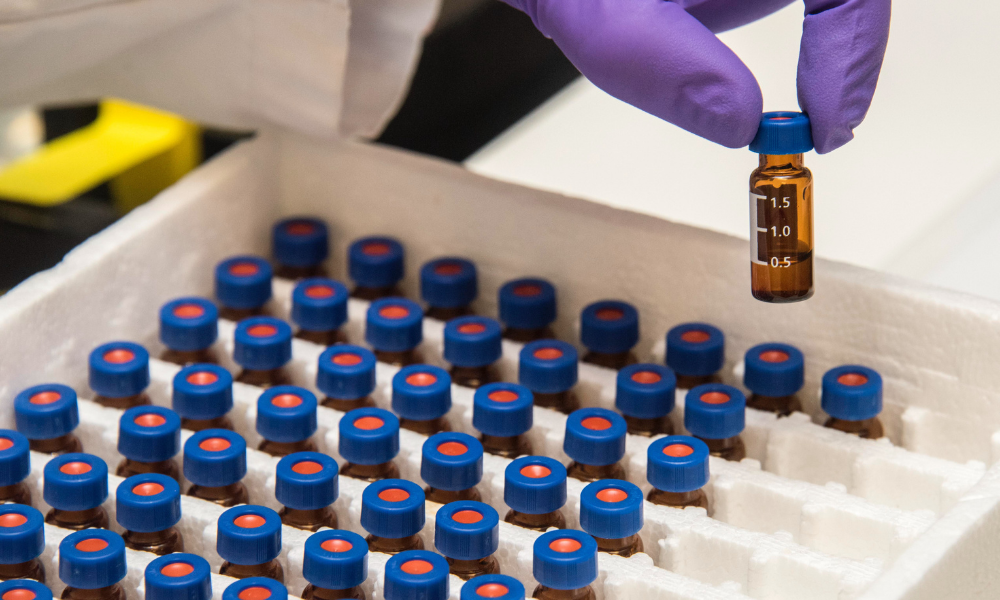COLCOT-T2D: how can we prevent cardiovascular diseases in type 2 diabetics?
Foundation
Home > Blog > COLCOT-T2D: how can we prevent cardiovascular diseases in type 2 diabetics?
In November 2019, Dr. Jean-Claude Tardif, Director of the Montreal Heart Institute’s Research Centre, presented the results of his major international study called COLCOT (Colchicine Cardiovascular Outcomes Trial).
The results of this clinical study were published in the New England Journal of Medicine and shed light on a world-class discovery in the field of cardiovascular medicine. In fact, the COLCOT study demonstrated that colchicine, in addition to standard treatments, reduces the risks of a second heart attack in heart attack survivors.
With support from the Montreal Heart Institute Foundation’s donors, Dr. Tardif was able to launch COLCOT-T2D, the second phase of the study. The goal is to demonstrate that colchicine can also prevent cardiovascular diseases in diabetics.
Diabetics are more likely to suffer from heart disease
Diabetes is a health problem that affects more than 463 million people around the world. Of this figure, 90% suffer from type 2 diabetes which is characterized by an inability of the body’s cells to adequately use insulin.
In Quebec alone, about 800,000 people are diabetics. This represents more than 10% of the population.
Insulin plays a very important role in the body’s metabolism: it allows glucose (sugar) to penetrate the cells and provide energy.
The good news is that in many cases, type 2 diabetes can be prevented or improved with the adoption of healthy lifestyle habits including a balanced diet, regular exercise, smoking cessation, and low alcohol consumption. The diagnosis is also reversible.
If diabetes remains uncontrolled, it can have severe consequences such as:
- high blood pressure
- a narrowing of the arteries
- coronary disease, angina, or heart attack
- strokes
In fact, diabetics are three times more likely to die from heart disease than nondiabetics. Research into the link between cardiology and diabetes is therefore the key to preventing cardiovascular diseases in this population.
A major clinical study initiated in Montreal
Beginning in 2021, the COLCOT-T2D study will recruit 10,000 Canadian patients with type 2 diabetes who have never had any documented cardiovascular diseases.
These patients will randomly receive either a low dose of colchicine or a placebo. They will be monitored for four years to assess the risk of heart disease or stroke as well as the appearance of cancer, cognitive disorders, and dementia.
What is colchicine?
Colchicine is an orally administered drug that is currently prescribed to treat pericarditis, gout, and Familial Mediterranean Fever. It is a very efficient anti-inflammatory medication that comes from a plant called the autumn crocus. In addition to its numerous benefits for patients with heart disease, it is also advantageous for public health care systems because it is extremely affordable.
Hope for preventing cardiovascular diseases
The new COLCOT-T2D study represents a real hope in the fight against cardiovascular diseases in type 2 diabetics.
Thanks to the generous contribution of the Foundation’s donors, the Institute’s teams, including the one led by Dr. Tardif, are able to develop new global scientific studies and find new avenues of preventing cardiovascular diseases.
Every year, innovative projects take place at the Institute. Discover our other achievements which have been made possible thanks to your generous donations.
Do you care about patients and want to support research?
donate today







